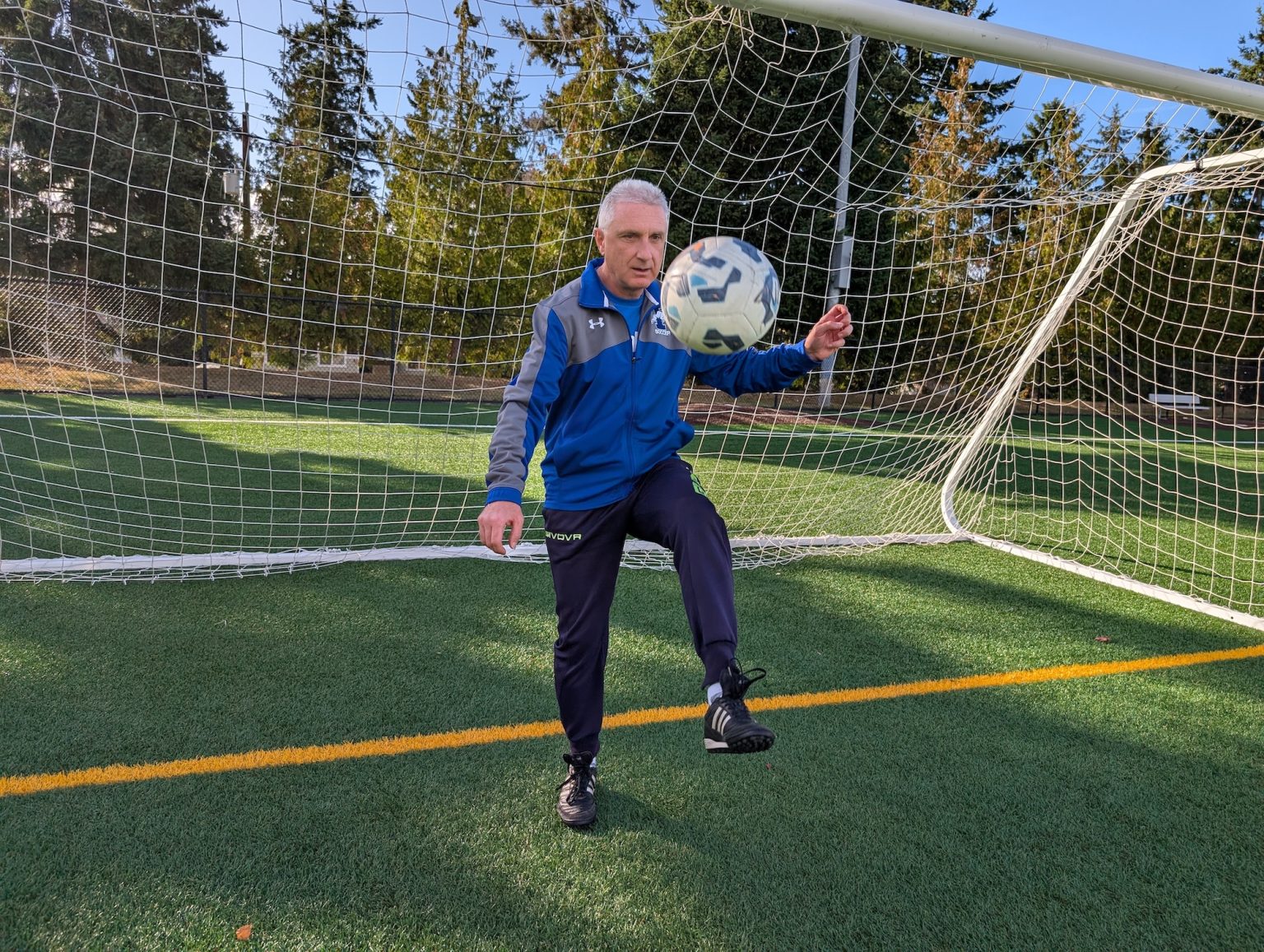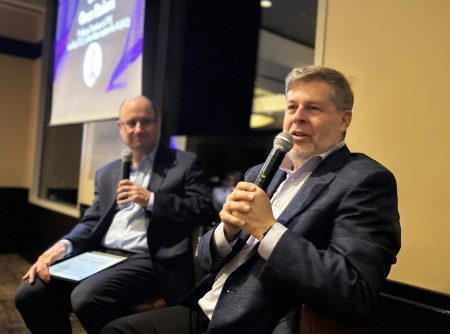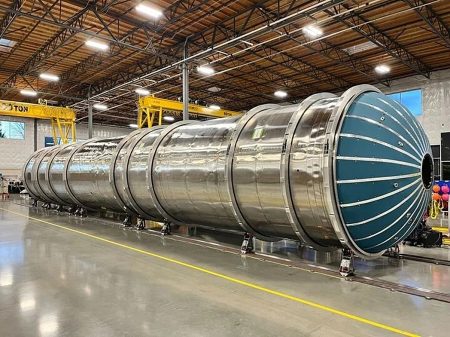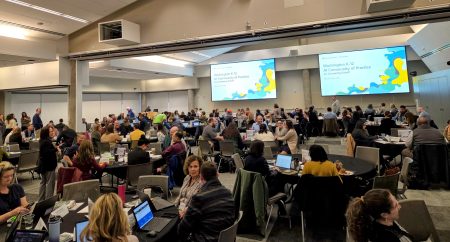From Tech to the Soccer Field: Luca Cazzanti’s Dual Passion
In the bustling tech landscape of Seattle, Luca Cazzanti has carved out a unique identity that bridges the worlds of artificial intelligence and soccer. As the Vice President of Data and AI at Curinos, a New York-based financial data and analytics company, Cazzanti’s professional life revolves around algorithms, data science, and technological innovation. But when he steps away from his computer, he transforms into a dedicated soccer coach who brings the same analytical mindset to the playing field. His journey from an Italian child playing impromptu soccer games with crumpled paper balls to becoming a tech executive who coaches youth soccer in Seattle illustrates how professional skills and personal passions can beautifully complement each other.
Growing up in Italy, soccer wasn’t just a sport for Cazzanti—it was woven into the fabric of daily life. “The culture there is that everywhere you go, there’s a soccer ball,” he recalls. “You get crumpled up paper with some tape, you kick it around. It was just everywhere.” This casual but constant exposure to the game planted seeds of passion that would later flourish in unexpected ways. After moving to the United States due to his father’s job, Cazzanti played varsity soccer in high school in Minnesota. Later, after settling in Seattle, he joined the Greater Seattle Soccer League, though he humbly admits, “We’re not that good. Our soccer game is an excuse to go out for beers afterwards.” Despite the casual nature of his adult playing experience, soccer remained a constant thread throughout his life transitions, geographical moves, and career advancements.
Cazzanti’s professional journey has been impressive by any measure—a PhD from the University of Washington, roles at prominent companies like Amplero, Zillow, and Zulily, and even recognition as a GeekWire “Geek of the Week.” Yet alongside this successful tech career, he felt drawn to deepen his understanding of soccer through a data science lens. Initially, he approached this by taking online classes in soccer analytics, hoping to apply his data expertise to the sport he loved. However, he soon realized that to truly understand the game’s nuances—what he describes as “both a science and an art”—he needed hands-on experience. This realization led him to coaching, starting with his own sons when they were young, then sixth graders at Ballard’s Whitman Middle School, and now freshman girls at Ingraham High School in North Seattle. Additionally, he serves on the board of directors for Emerald City FC, a youth select club, where he contributes as both a coach and the club’s secretary.
Where Cazzanti’s professional expertise and soccer passion truly converge is in his role managing Emerald City FC’s eight Veo AI-powered cameras. These sophisticated devices use artificial intelligence to automatically film games across multiple teams and age groups, following the action with broadcast-quality precision. After games, the system computes detailed statistics—tracking possession time, offensive and defensive plays, and scoring patterns. Players can even be individually tracked by their jersey numbers, with the video automatically compiling all moments where that player is involved. “It helps teams start to make sense about their style of play,” Cazzanti explains. For serious players with collegiate aspirations, the system offers invaluable assistance in creating highlight reels. This technological dimension of his soccer involvement allows Cazzanti to contribute his data and AI expertise in a way that tangibly benefits the teams and sport he loves.
The rewards of coaching extend far beyond the technical aspects for Cazzanti. Working from home most days, he finds that the fall soccer season, which brings him to the high school every weeknight, provides essential in-person human connection. “It’s something that you have to do in person. It really exercises that muscle,” he reflects. “It’s fun being in the community. You get to know the players, you get to know their families, you’re involved.” He likens coaching to solving a puzzle—finding the right position for each player where they can feel comfortable and succeed. While he naturally plays to each player’s strengths, he also enjoys challenging them to develop new skills. The greatest satisfaction comes from witnessing improvement: “If you see them improve throughout the season, that’s the best thing,” he says. “Something you tried in practice shows up in the game, you’re like, ‘Oh, wow, I can tell she’s trying that.’ That’s awesome. That’s the most rewarding part.”
Perhaps most interestingly, the relationship between Cazzanti’s professional and personal worlds isn’t one-directional. The analytical thinking and problem-solving skills honed in his tech career certainly enhance his coaching approach, but the reverse is equally true. He brings a coach’s mindset to his work at Curinos, approaching business challenges much as he would reorganize players on a soccer field to maximize their strengths. “The ability to do that also feeds into the soccer, so it’s a two-way street,” he observes. This cross-pollination of skills and perspectives enriches both aspects of his life, creating a harmonious balance between his professional pursuits and personal passion. In a tech industry often characterized by long hours and blurred work-life boundaries, Cazzanti’s story stands as a compelling example of how outside interests can not only provide necessary counterbalance but can actually enhance professional capabilities through diverse applications of similar skillsets.















